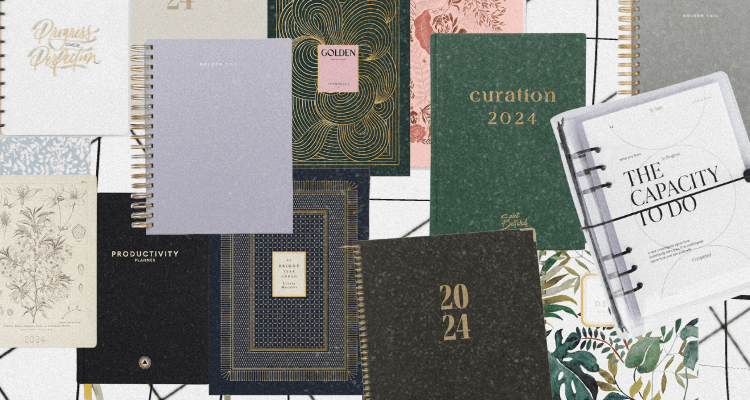Moving On
Moving On
I have a blog post showing how I got over my struggle with getting the first words on the page. And now that I am past that and am writing those pieces and developing them, I want to be able to get more out of my writing sessions: write more in less time, and with less frustration.
Now if you also read my post on taking a vacation from writing I mentioned my re-evaluation on how and when I work on my stories:
This is that follow-up
What is a Writing Session?
Well in order for me to improve my writing sessions I have to have or participate in writing sessions in the first place.
Ironically before I took writing seriously, my writing sessions were way more productive. In the sense that I reached my goal. If I wanted to write a one-page poem, I did. Considering that many of them were how I felt and what was going on at the time, or whatever it was that inspired me:
I had the motivation. But I didn’t have discipline, I didn’t write within consistent periods of time, I didn’t aim to get better or evaluate my quality of writing as I do now. And I didn’t consider the elements of writing in the process.
Whereas now I am doing all the things I should be, so far and am trying to improve. But I know that there is a level of productivity and efficiency that I am missing out on.
And I think I figured it out.
My Writing Goals
I needed strategy and organization to bring it all together. Sure my methods don’t have to be ruler-straight, but tackling writing without any strategy, organization, for me right now, is holding me back.
So, with these things in mind, I have goals for my writing.
In no particular order of priority, I would like to……..
1. Make Swifter Decisions
During some writing sessions, I take a while to decide whether I want this person to go to this place, or what I want them to say. Just to go back to my original plan or first gut choice. Details that change in the editing process need to be there in order to change. Some decisions need some time ( a long time) but others may not, especially if I already know the answer. Either way, I may not always have to stop the writing process to make a decision. Decisions can come later on in the editing process, or when inspiration strikes later during the writing process.
2. Multiple small writing sessions Rather Than One Long One
My very first attempts at a writing session were hours long. Always between 1-4 hours. Even though I actually wrote about 30-45mins. I spent the rest of the hours stressing about filling up the page and meeting the time quota. Or leave the session, because I’ve finished and come back the next day.
Leaving the session because I’ve finished is not wrong but aiming for a 4-hour session and getting only 30-45mins out of it, is not entirely working out. So if I cant write for 4-hours that’s fine. But I can write multiple times a day for short periods of time to maximize how much I write and put more effort into my stories.
Writing in multiple smaller sessions throughout the day is way more effective.
Example:
Clara has a 3-hour writing session on Monday.
This is how I used to approach a writing session. Versus how I now am approaching writing sessions moving forward…
Clara has 3 30 minute writing sessions on Monday. One starting at 7 AM, Another at 12 PM and the last at 8 PM
3. No wasted time
When I finished a session early (aka ran out of writing juice) and I still wanted to work on my stories sometimes, I did not know how to use the rest of the time.
Trying to write some more is good. However, if my creativity has run out (like it does sometimes) there are other useful ways to finish the session.
- Review what I’ve written and focus on correcting specific small elements (diction, paragraph sizing, punctuation, spelling, etc.).
- Make closing remarks/notes. After my writing session, I can jot down ideas and comments I want to implement in the next writing session. I can take note of ideas I’m on the fence about (what a character says or does or wears, etc.) I can also jot down questions I have about my story that I want to tackle.
I often make notes and comments while I’m writing. If I have unaddressed notes from another session or the same session I can re-visit those as well.
- Conduct targeted research. No matter what story I am writing research is almost always involved. Different kinds, sometimes large amounts of research that is necessary for the development of the whole story or small-sized research that is necessary for only a part of the story. This tip is for small-sized research. I can conduct small-sized research for my story during the extra time.
For example, if there is a part of a story about a person walking down a street in France and I want to point out how the pavement looks, I may do some research on how the pavement looks and is done in France. Then I’d write a descriptive scene based on my findings: Or jot down my finding for the next writing session.
This small-sized research can also address a question or comment you wrote on your story.
4. Editing while Writing?
Sometimes I can distractingly edit while I’m writing. Doing so is not productive. So I plan to try and stick to either writing or editing. If I want to edit then I’ll do so after I write or preferably before my next writing session. I can also dedicate an entire writing session to editing.
5. Conduct more Organized Sessions
Not all writing sessions are the same in goal or type of work.
Some writing sessions can be dedicated to writing a story, doing research for the story, editing the story, reviewing or re-reading the story, planning or re-planning the story, and etc.
My goals for a writing session can be many and different. Within a writing session, I may want to write 300 words in a session, establish a setting, introduce a theme, get the reader familiar with a character, finish a dialogue, introduce a character, write the climax of a story, give the backstory, describe the character’s problem, write a chapter or a few pages, etc.
Often times if I have no goal for a writing session, I’ll combine too many types of writing sessions. Sure I can do one on a big scale like developing a story and one a small scale like annotating if I have extra time as I mention in #3 No Wasting Time. But not all on a big scale.
Having a more intentional and focused session: organized session produces much better results and helps me develop the story better.
So, no more impromptu writing sessions but more organized ones where I can execute my goals within a type of session.
Planning Out The Best Writing Session…
Here’s my plan to ensure that my goals are met. The productivity of my writing sessions isn’t solely dependent on things related to writing, but also on my comfort, mood, energy level, inspiration levels, and so on.
This plan is based on my personal preferences and observed performance
The Right Time
I have found that I write best in the morning time and second best at night before I start getting ready for bed; Nowhere near the high afternoon ( around 12 PM-2 PM): I easily get distracted and am more interested in lunch around then.
I’ll be trying to write around these times
Inspiration Fueling Foods or Snacks
A really good snack or drink usually helps fuel my inspiration and prolong writing times.
The Perfect Spot
Where I write definitely impacts my writing. I have moved my desk around many times and have noticed that are certain spots where I write more and am more focused. Many of them away from the tv.
Productive Breaks
When I am typing or sometimes writing by hand I get cramps or aches. So, naturally, I need to take breaks in my writing sessions to prevent this. Some breaks can completely disrupt my writing flow when I come back to write.
Things like watching TV or handling chores or getting caught up in errands do not help at all. But doing small things, like taking a walk or bike ride not too far from where I am writing, some form of art that I can do or start in a short amount of time can do the trick.
The Right Temperature
This one may seem silly, but honestly, If I’m too cold I won’t last long writing. And if I’m too hot I can be easily distracted. So keeping my A/C on low or keeping a sweater nearby helps me stay on task.
Vacations
Recently I took my first vacation on writing and it helped my writing tremendously. I took this vacation because I was burnt out, but after seeing how positively it impacted my writing, I’ll be sure to schedule vacations from writing during the year. You’ll have to read the blog post to find out how the vacation went.
Forget About It
Writing is my passion and also my work. So it helps my work and personal life if I can forget about it when I’ve finished for the day. It also allows me to get a bit more excited to get back to work the next day.
Central Tips For Upgrading Your Writing Sessions
Now, these accommodations are based on my personal preferences and experiences. And I must point out that as much as I try to shoot for perfection. I can only do just that try. Every writing session won’t be perfect or the same.
But if I have the chance (if I am faced with the opportunity) to be more productive in my writing sessions I can apply these adjustments & accommodations to write more and write better.
So if you are looking to improve your writing through your writing sessions. Remember to have writing goals and have an idea of what you want you to want to do in that writing sessions. Then take note of circumstances that promote your best writing, and apply these accommodations when you get the opportunity. And be sure to pay attention to the quality of your writing everyone in a while to refresh or update your writing goals.
Until my next words (on here that is)
Christa








“aka ran out of writing juice”…… still happening
[…] most recent blog posts mention writing sessions, writing tools, why I am a writer, etc. And as these posts go deeper into my writing process and […]
[…] mentioned writing sessions in multiple posts, now I mention writing sprints, and as I was doing a little research on writing […]